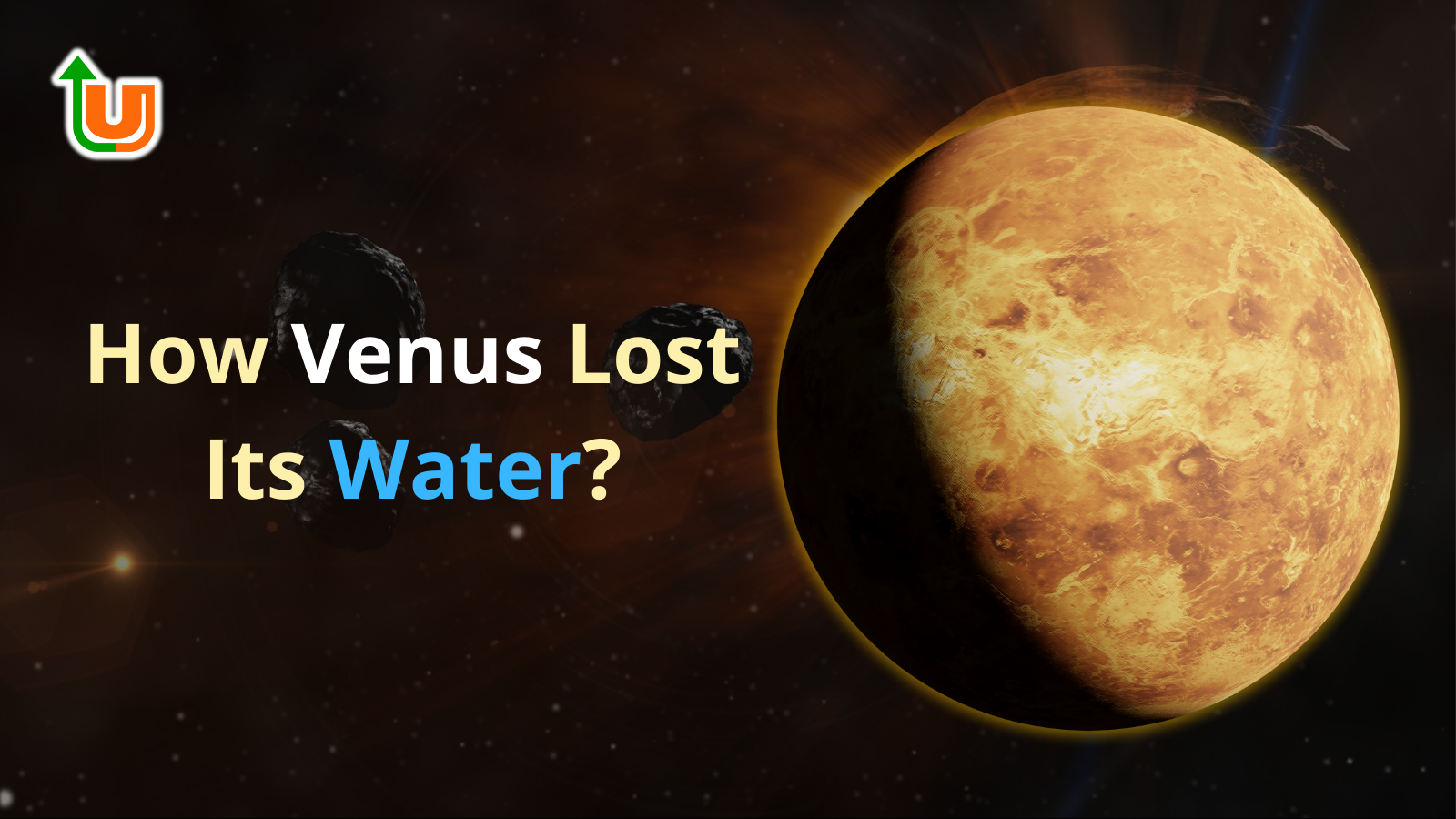Venus, often referred to as Earth’s twin due to its similar size and mass, is a fascinating planet that has intrigued scientists for decades. One of the most puzzling questions about Venus is why it’s so dry. Recent research has shed light on this mystery, revealing the process that led to Venus losing its water.

The Dry State of Venus
Venus is incredibly dry. If you took all the water on Earth and spread it over the planet, you’d get a liquid layer roughly 3 kilometers deep. If you did the same thing on Venus, where all the water is trapped in the air, you’d wind up with only 3 centimeters. That’s 100,000 times less water than Earth.
The Culprit: Dissociative Recombination
Planetary scientists at the University of Colorado Boulder have discovered how Venus became so dry. Using computer simulations, they found that hydrogen atoms in the planet’s atmosphere go whizzing into space through a process known as “dissociative recombination”. This process causes Venus to lose roughly twice as much water every day compared to previous estimates.
The Role of HCO+
The researchers identified a molecule called HCO+ (an ion made up of one atom each of hydrogen, carbon, and oxygen) high in Venus’ atmosphere as the culprit behind the planet’s escaping water.
Implications for the Search for Life
Understanding the conditions that support liquid water in the universe is crucial for the search for life. The findings about Venus’ dry state provide valuable insights into these conditions and could help explain what happens to water in a host of planets across the galaxy.
Conclusion
The discovery of how Venus lost its water fills a big gap in our understanding of this intriguing planet. It also underscores the importance of water for life as we know it and could have implications for the search for life beyond Earth.
To know more, you can explore the following sources:
- Compared to billions of years ago, Venus has almost no water: New study may reveal why
- Venus has almost no water: A new study may reveal why | ScienceDaily
- Scientists finally reveal why Venus is so dry | Fox 11 Tri Cities Fox
- Venus has almost no water. A new study may reveal why
- Reason Venus is so dry ‘finally discovered’ – New York Post
- Unveiling the Mystery: How Venus Lost Its Water
- The Met Gala: A Glittering Spectacle of Fashion and Culture
- What Happens When You Fall into a Black Hole? A Journey Beyond the Brink
- The Ancient Serpent King: Vasuki Indicus, the Prehistoric Behemoth
- Unveiling the Mysteries of Gujarat’s Luna Crater: A Celestial Marvel
- Mysterious ‘Spider’ Phenomenon on Mars Explained





